There is only one failure in life possible, and that is not to be true to the best one knows
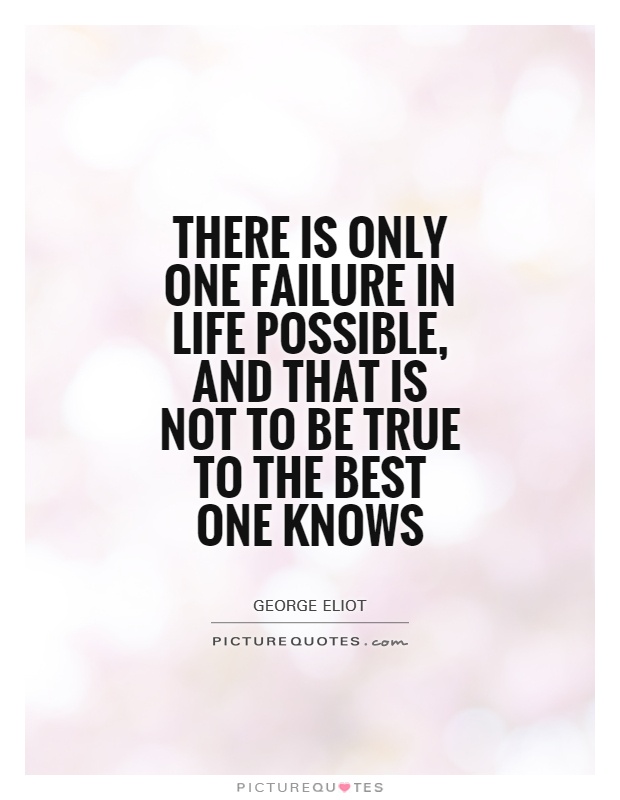
There is only one failure in life possible, and that is not to be true to the best one knows
George Eliot, the pen name of Mary Ann Evans, was a prominent Victorian novelist known for her insightful and thought-provoking works. Throughout her writing, she often explored themes of morality, ethics, and the human condition. One of her most famous quotes, "There is only one failure in life possible, and that is not to be true to the best one knows," encapsulates her belief in the importance of living authentically and ethically.In the context of George Eliot's own life, this quote takes on added significance. As a woman writing in a male-dominated literary world, she faced numerous challenges and obstacles. Despite these difficulties, she remained true to her convictions and continued to write with honesty and integrity. Her commitment to her craft and her refusal to compromise her principles are evident in her novels, which are characterized by their deep psychological insight and moral complexity.
Eliot's emphasis on being true to oneself also reflects her belief in the importance of personal integrity. In her novels, characters who act with honesty and sincerity are often portrayed in a positive light, while those who deceive or betray others ultimately face consequences for their actions. By staying true to the best one knows, Eliot suggests that individuals can lead fulfilling and meaningful lives, guided by their own moral compass.
Furthermore, Eliot's quote can be interpreted as a call to self-reflection and self-improvement. By acknowledging that the only true failure in life is to betray one's own values and beliefs, she encourages individuals to strive for personal growth and moral development. In a world filled with uncertainty and moral ambiguity, Eliot's words serve as a reminder of the importance of staying true to oneself and living with integrity.


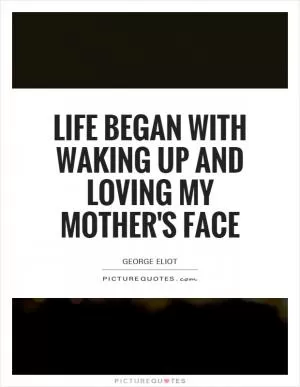
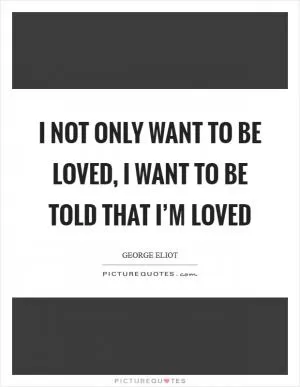


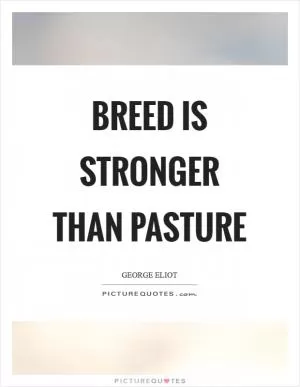

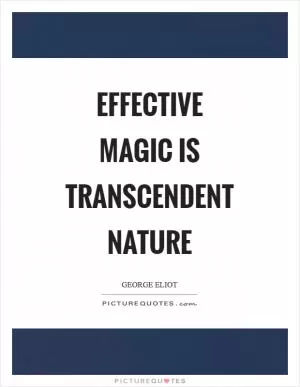
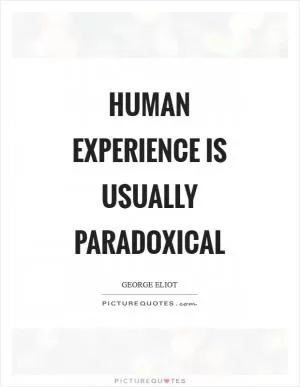
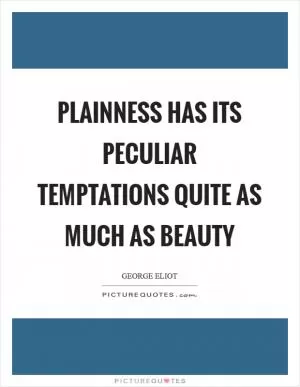
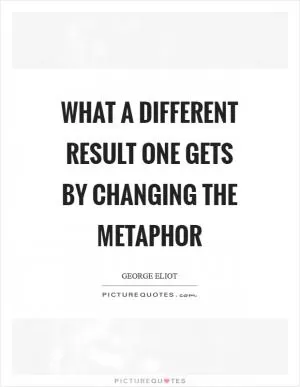
 Friendship Quotes
Friendship Quotes Love Quotes
Love Quotes Life Quotes
Life Quotes Funny Quotes
Funny Quotes Motivational Quotes
Motivational Quotes Inspirational Quotes
Inspirational Quotes